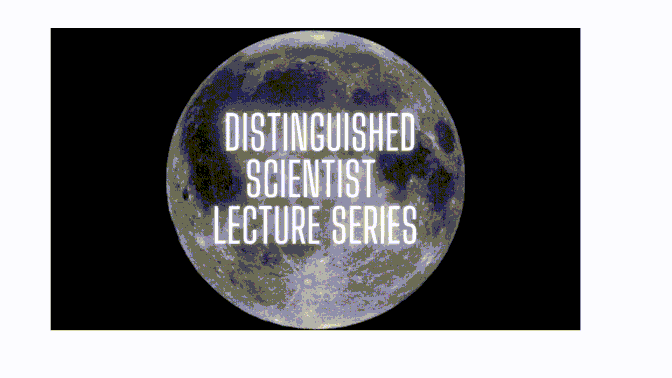
Problems of Quantum Mechanics Measurement Process
Loading...
Files
Download OCR Transcript (257 KB)
Description
(This information was taken from the Distinguished Scientist Lecture Series Program 1980-81).
Dr. Wigner was born in Budapest, Hungary, and received the degree of Doctor of Engineering from the Technische Hochschule in Berlin. He taught at universities in Germany for several years, before coming to the United States in 1930 as a lecturer at Princeton University. He has been a professor of physics at the University of Wisconsin, and a professor, lecturer, or research director at the Instituut-Lorentz in Leiden, the University of Massachusetts, Louisiana State University, and other universities and research centers throughout the world. From 1938 to 1971, he was the Thomas D. Jones Professor of Mathematical Physics at the Palmer Lab at Princeton. Among the awards and honors he has received are the Fermi Award, given by the U. S. Congress, the Albert Einstein Award, the National Medal of Science, and the 1963 Nobel Prize for physics.
Dr. Wigner is best known for his pioneering work in nuclear structure. Perhaps his most important achievement was the application of the mathematical system of group theory to atomic and nuclear problems. From 1942 to 1945, Dr. Wigner worked at the Metallurgical Laboratory of the University of Chicago, where he participated with Enrico Fermi in the experiment that produced the world's first controlled nuclear reaction. From 1946 to 1947, he served as the Director of Research and Development of the Clinton Laboratories, the headquarters of the Manhattan Project. His book, Physical Theory of Neutron Chain Reactors, written with A.M. Weinberg and published in 1958, was largely based on his work during this period. Dr. Wigner will speak on "The Problems of Quantum Mechanics Measurement Process."
Creation Date
November 1, 1980
Recommended Citation
Wigner, Eugene, "Problems of Quantum Mechanics Measurement Process" (1980). DSLS 1980-1981. 10.
https://digitalcommons.bard.edu/dsls_1980_1981/10
OCR Transcript

